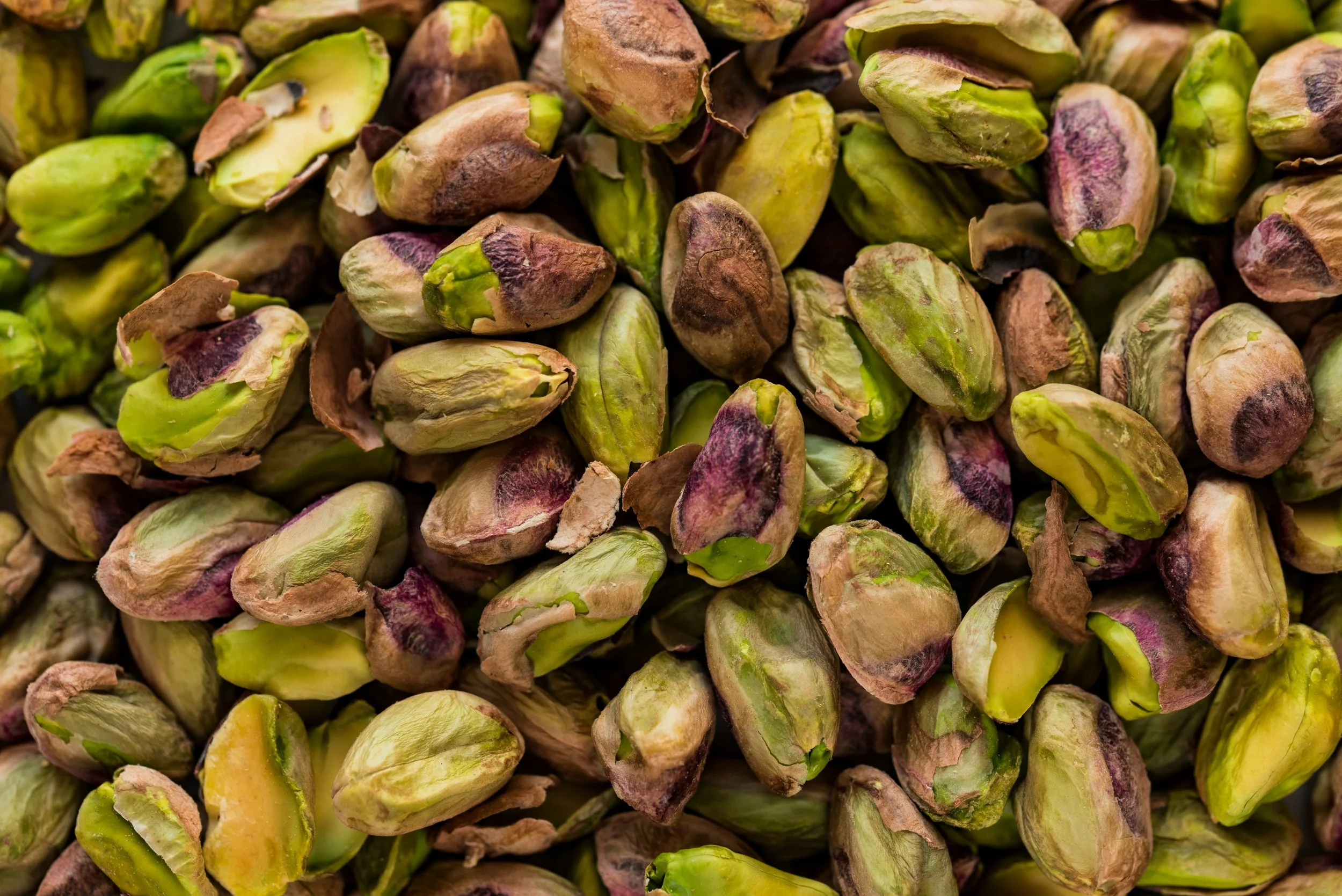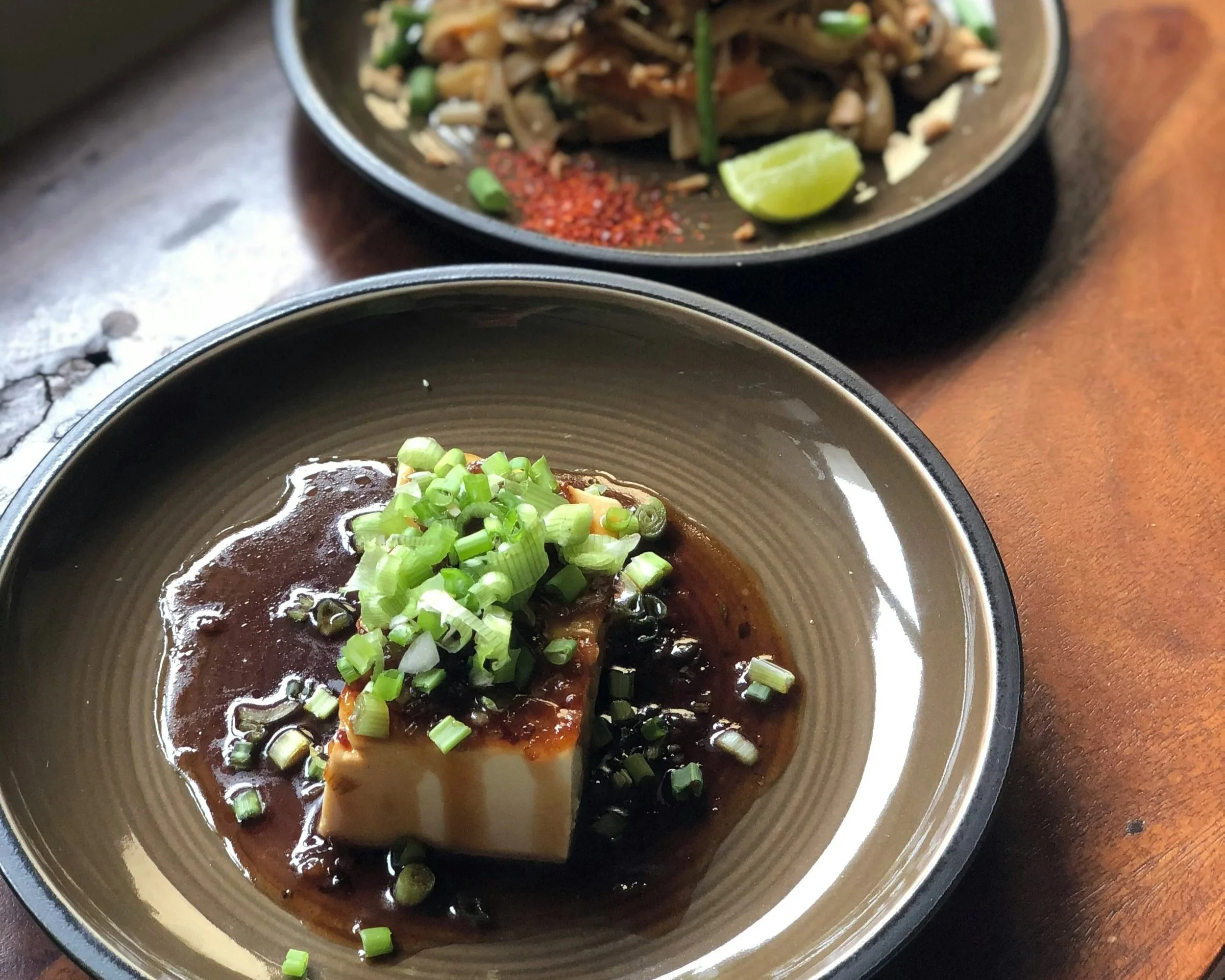Do You Need More Protein During Menopause and Perimenopause?
The advice couldn’t be more confusing. The internet is awash with influencers and marketing messages telling us to eat more protein yet government statistics show that most of our diets contain more than enough!
As women enter perimenopause and menopause, the major hormonal fluctuations and shifts (not just in terms of oestrogen and progesterone) can affect everything from muscle tone, weight distribution and skin elasticity to energy, sleep, cravings and more. Protein is essential for feeling your best during this time.
How Much Protein Do You Need?
The average women during menopause and perimenopause should aim for 1.2-1.6g of protein per kilogram of body weight per day. So, for example, a 65kg (10 stone 3 lb / 143lb) woman would need roughly 75-100g of protein daily. I’m not suggesting you should start to calculate your daily protein intake (life is too short), but aim to eat a fist-sized portion of protein with each meal.
Image: Joanna Kosinska
The Best Sources of Protein
Quality matters as much as quantity. To get a full range of amino acids (types of protein), aim for a mix of animal and plant-based proteins.
Meat - if you eat red-meat, then choose grass-fed, if you can, as it’s low in omega-6. This is in contrast to most red meat which is grain-fed which causes unwanted inflammation in the body.
Fish and seafood
Eggs and dairy
Plant-based options - tofu, tempeh, lentils, beans, nuts, seeds, wholegrains, quinoa and edamame.
Most plant-based sources of protein don’t contain all nine amino acids that our bodies need, so if you are eating a plant-based meal try to include more than one protein source in the mix, e.g. beans with nuts, nuts with wholegrains, or wholegrains with beans.
Don’t be tempted to opt for processed foods that make big protein claims – these are often ultra-processed, low in nutrients and sold at a premium. Two boiled eggs, by contrast, contain not only 15-20g of protein but also choline for brain health as well as vitamin D, iron, vitamin B12, selenium, lutein and zeaxanthin.
Image: Erol Ahmed
When to Eat Protein
Even though the research tells us we are eating enough protein, what I often see with clients in clinic is that they are not eating enough protein at breakfast or lunch while the variety and quality of protein they consume is limited. Getting the balance right can have a huge impact on your mood and energy levels, help to regulate appetite (goodbye cravings) and weight and support muscle maintenance.
A key piece of advice is to distribute protein evenly across the day (20-30g of protein per meal). I find with my clients that having enough protein at breakfast is particularly key. If you eat eggs, then this can be a great way to start your day (perhaps with some avocado and seeds), or yoghurt with nuts, seeds and berries is a quick and easy option.
Image: Priyanka Aggarwal
Advice for Menopause and Perimenopause
Protein plays a critical role in preserving muscle mass and strength, in supporting bone health, in managing weight and metabolism and in improving mood and cognition. Our muscles, skin, hair and hormones are all made using protein.
During menopause and perimenopause, your protein needs rise while your body’s ability to maintain muscle and to burn fat declines. Prioritising a mix of high-quality protein, omega-3s and fibre can make a huge difference to how you feel during this time.
If you’d like some targeted, evidence-based support about how to make this work for you, then click here to find out more about my perimenopause and menopause nutritional-therapy clinic. I help clients from anywhere in the world via secure video conference or from my nutrition clinics in Cirencester and Bath.



